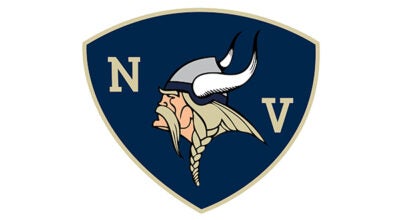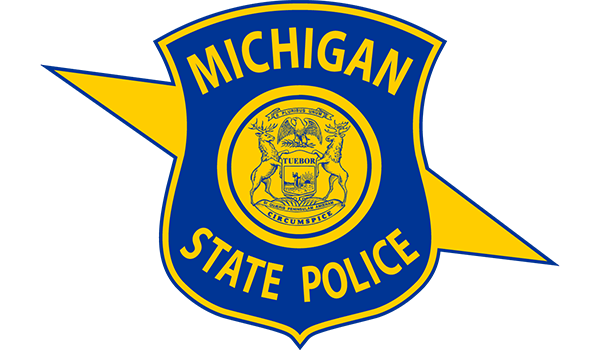Navajo code talker to make three stops in Michiana
Published 9:08 am Thursday, November 7, 2019
MICHIANA — Larry Money, judge advocate for American Legion Post 51 in Buchanan, remembers when the local U.S. war veteran organization first brought its featured speakers to Buchanan High School in 2003. They were Navajo code talkers, who used their language on the ground to communicate information during World War II without enemy infiltration.
Now, 16 years later, another Navajo code talker is coming to speak, not just for Buchanan High School, but for the Michiana region.
Peter MacDonald Sr., World War II veteran, will speak at 11 a.m. Nov. 11 at the Buchanan American Legion; 1:30 and 7 p.m. Nov. 12 at Buchanan High School; 5:30 p.m. Nov. 13 at Southwestern Michigan College’s Lyons Theatre in Dowagiac; and 10 a.m. and 2 p.m. Nov. 14 at the University of Notre Dame’s Jordan Auditorium in Notre Dame, Indiana.
“He’s going to speak about his experiences serving with the Marine Corps in the south Pacific and some of the islands where he was at specifically,” Money said.
MacDonald was enlisted in the Marines at 15, where he was later selected to join the Navajo Code School. From 1944 to 1946, he served in the war, potentially saving thousands of lives by using a language the Japanese enemies could not crack to communicate information.
After the war, he earned an engineering degree and worked on the Polaris Missile Guidance System. Then, he became chairman of the Navajo Nation from 1971 to 1983 and 1987 to 1991.
Now MacDonald, in his 90s, is the president of the Navajo Code Talkers Museum and Veteran Center in Tuba City, Arizona.
Money said Post 51 has been able to bring in some amazing people who served in World War II as part of its speaker series. It has featured Tuskegee Airmen, the navigator of the plane that dropped atomic bombs on Japan, the longest-held enlisted prisoner of war in Vietnam War and a survivor of the USS Indianapolis.
MacDonald, he said, is amazing not only because of his service abroad and in the U.S., but because of his age. There are not too many World War II veterans left, especially those that can go on speaking tours.
Money hopes that some World War II veterans in the area will attend, but he also hopes to bring a diverse crowd of people that can appreciate history.
Money said he finds the language behind the code MacDonald and others used to be the most fascinating part of the man’s story. It was not a code at all, just his language. Yet, no one could translate it because it was nothing like English or other languages that most people are familiar with on a national level.
To make translation more difficult, Navajo soldiers would use metaphors for key military terminology, such as calling tanks “turtles” in the Navajo language.
“What we wanted to do when we started this was bring the history of World War II to our community and show our community what it was really like, the different peoples that were involved with it.”
Each speaking event of MacDonald’s is free to the public, thanks to the American Legion and other sponsors, such as Michigan Gateway Community Foundation, the Pokagon Band, Southwestern Michigan College and the University of Notre Dame.







